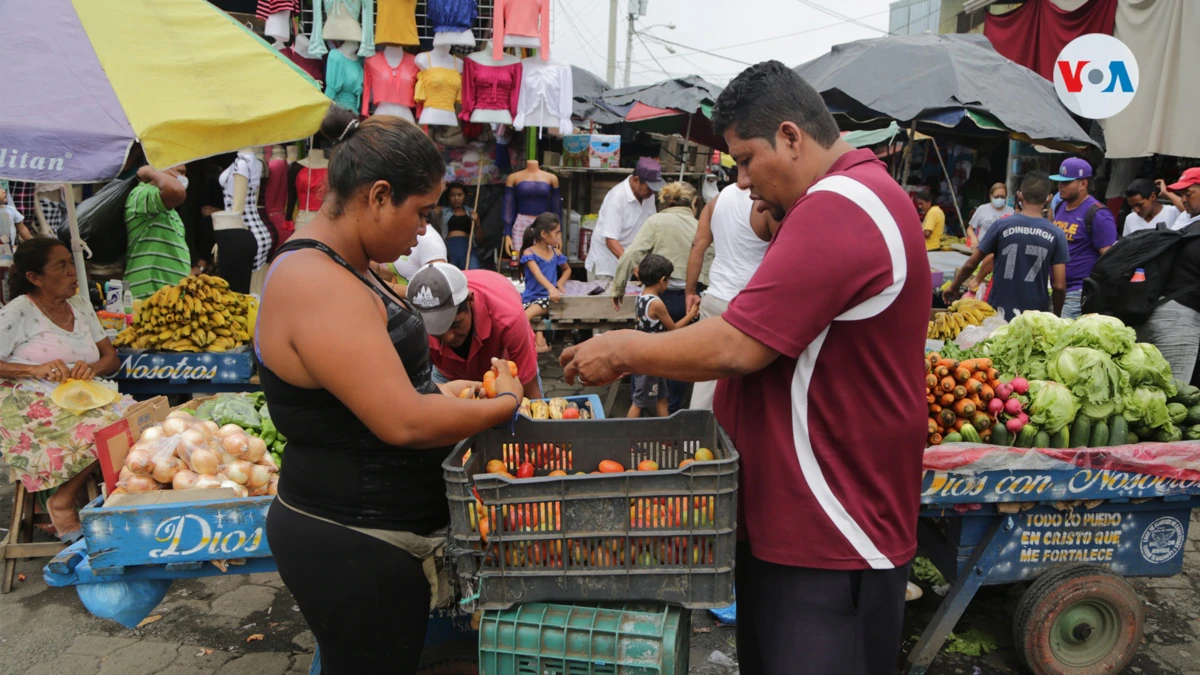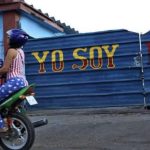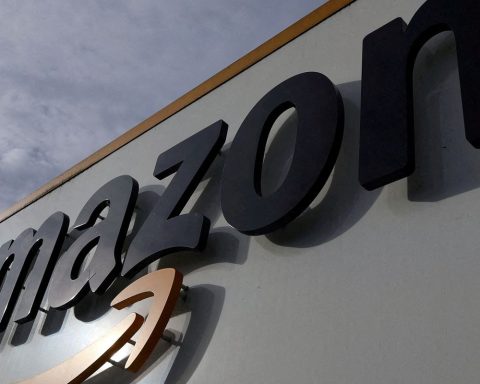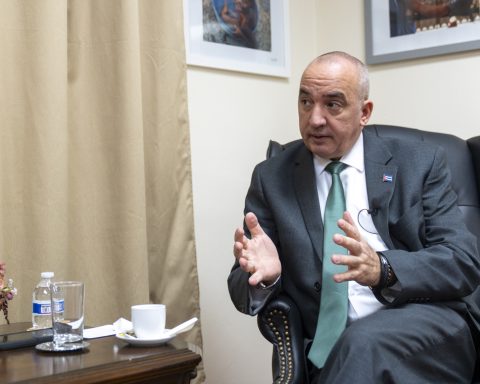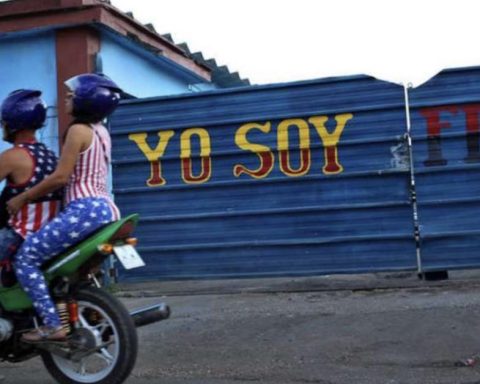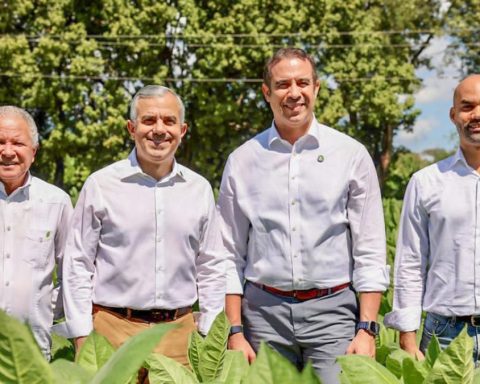*Juan Carlos, a Nicaraguan living in Managua, earns a salary of approximately 9,000 córdobas (about 257 dollars) per month, with which he cannot cover the cost of the basic basket for a family of five members.
This father of a family does not have his own home, so he lives in the home of a close relative who takes him in with his wife and children. He is in charge of paying the water and electricity services in that family home. With the money he has left after making those payments, he says he barely buys food for 10 days.
This in the recent context that includes a rise in food prices in the Central American nation. The reasons have been associated, first, with the political crisis; and now exacerbated as a result of the Russian invasion of Ukraine. The latter has had repercussions on the price of fuels and, as a consequence, has impacted the prices of the basic food basket.
This is shown by recent information released by the official National Institute of Development Information (INIDE), which published a table on the cost of the basic basket In Nicaragua. According to the data, the price is already almost 17,000 córdobas (about 485 dollars), a significant increase for households in Managua that survive on low wages.
Since January, the basic food basket in Nicaragua has shown an upward trend. In the first months of the year it rose about 20 dollars.
The basic basket is calculated for five people, two adults and three minors, and is made up of 53 products.
As a first measure in the face of the price increase, *Juan Carlos’s family stopped buying most of the food in any supermarket because they assure that all vegetables and beef, pork and chicken are more expensive.
“Before, on some day of the week, the Pali (shopping centers) and the other supermarkets put a piece of chicken or pork on sale, but now all that has been eliminated. Buying chicken or meat in a supermarket is now a luxury,” says the man on the phone to the Voice of America. For this reason, explain, He has had to go back to do his shopping in the crowded eastern market, one of the largest not only in Nicaragua, but also in Central America.
“We have had to return to the eastern market, where everything is still cheaper,” says *Juan Carlos, father of two university students.
Jarquín’s wife is dedicated to marketing natural products to help him support the family.
“There are very few things that you can find cheaper in a Pali, rather than in a market, such as soaps, toothpaste and detergent, but, apart from that, even a pound of sugar is cheaper in the markets. It is not enough for us to buy clothes, or shoes, much less something that is needed at home, ”says this Nicaraguan.
A 25-pound tank of cooking gas now costs 500 córdobas in Nicaragua (equivalent to 13 dollars), which puts the economies of thousands of households in difficulty.
“And so it happens with everything, a green or ripe banana costs between 11 and 12 córdobas in the La Colonia supermarket, that is, about 30 cents on the dollar, while with one dollar you can buy 6 or 7 bananas in a market, for That, although it takes us longer and is more complicated and even uncomfortable to visit a market, now we are obliged to make the money last a little longer”, he adds.
“Nicaragua has one of the lowest wages in the region”
According to the Costa Rican economist Daniel Suchar Zomer, the minimum wage in Nicaragua is one of the lowest minimum wages in the region, therefore the wave of inflation that exists today based on the entire conflict in Ukraine and Russia, will have more repercussions in countries poor.
Data provided by the Nicaraguan National Minimum Wage Commission reveals that wages in Managua range from approximately 134 to 300 dollars.
“Unfortunately, the war (in Ukraine) is causing the prices of goods to rise sharply. In turn, in Nicaragua the problem is that, as the purchasing power is very low, and its minimum wage reflects it,” says the expert.
Suchar suggests that Nicaragua is going to have to find strategies to mitigate these impacts that are from the world environment so as not to have to deal with more and more unemployment “that ends up in the riverbed of the region’s greatest poverty.”
[*Juan Carlos pidió no identificarse por razones de seguridad]
Connect with the Voice of America! Subscribe to our channel Youtube and turn on notifications, or follow us on social media: Facebook, Twitter and Instagram.
